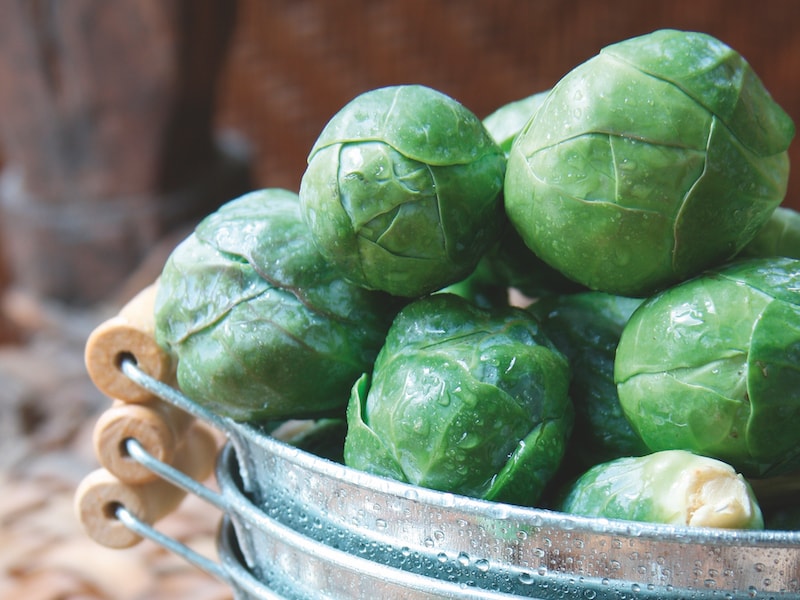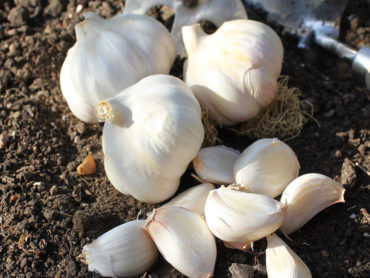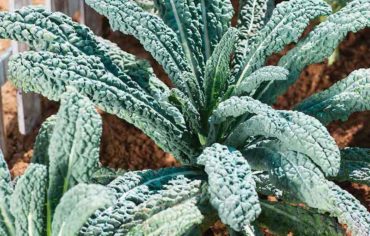The much maligned Brussels sprout has a reputation for both a sulphurous after-taste and noxiously whiffy after effects, but how much of this is down to a combination of poor cooking and hype? Here we separate fact from fiction with a fun look at this controversial Christmas veg.
Browse our full range of Brussels sprouts seeds while digesting everything you’ll ever need to know about these little, vitamin-packed Belgian bullets.
What are sprouts?
Sprouts are a domesticated version of the wild cabbages that grow in Afghanistan, Pakistan and Iran. They’ve been around for a very long time indeed, and were used in Chinese medicine for the treatment of bowel problems as long ago as 3000BC. It turns out that the Chinese really were onto something – sprouts are a source of prebiotic fibre which is essential for nourishing the colonies of helpful bacteria that live in our colons.
Brussels sprouts are also a great source of vitamins K and C, as well as alpha-linolenic acid (an Omega-3 fatty acid). They were considered so healthy that, along with oranges and lemons, Captain Cook fed them to his crew to help prevent them from developing a vitamin C deficiency – scurvy. For top tips on how to grow sprouts, read our practical guide.
Why are sprouts named after the Belgian city?
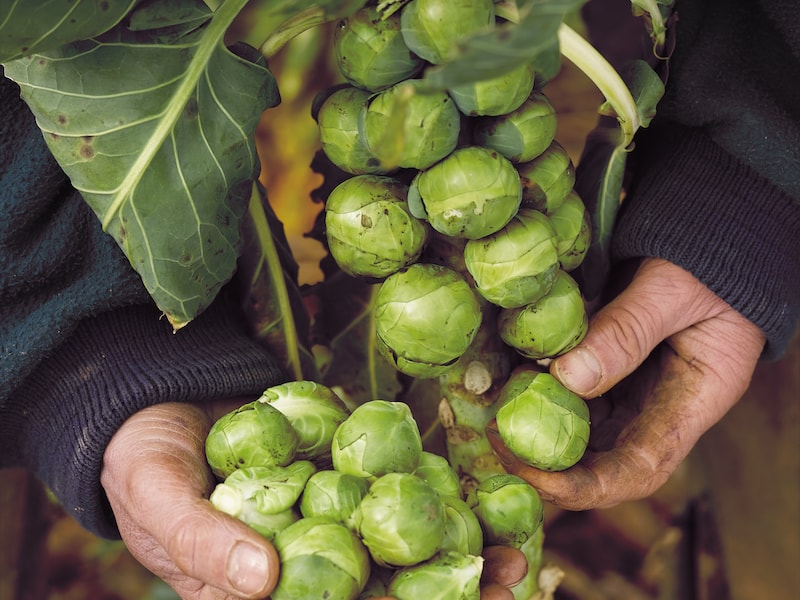
Image: Brussels Sprout Seeds – F1 Brigitte from Suttons
Brussels sprouts take their name from the Belgian capital because they have been cultivated in the surrounding area since at least the 13th century. During the 16th century, they became popular throughout the whole of the Southern Netherlands – the area comprising modern day Holland, Belgium, Luxembourg and parts of Germany.
These days, it’s the Netherlands that accounts for the greatest production of Brussels sprouts. In 2020, the Dutch exported 33.2% of the world’s sprouts worth a total of US$72.5 million. In second place was Mexico ($68.4 million), and the USA ($31.8 million). Belgium came in fourth place with total exports worth US$14.3 million.
Why do sprouts taste so bitter?
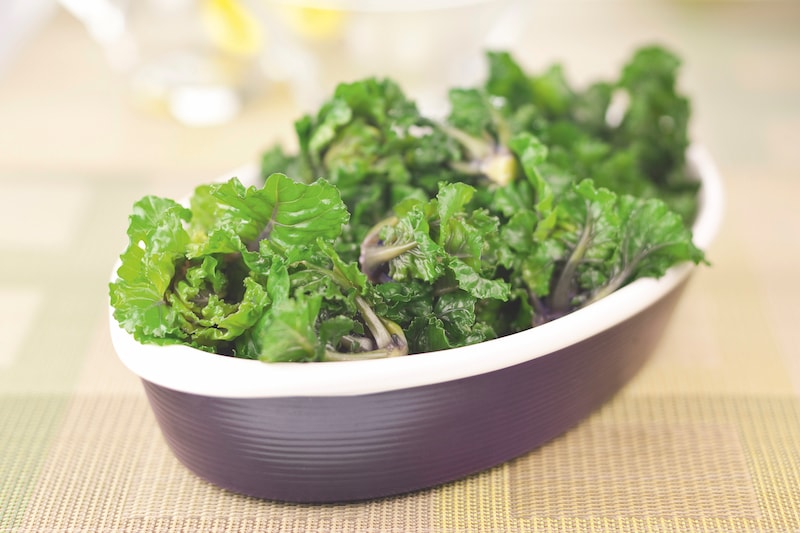
Image: Brussels Sprout Plants ‘Flower Sprout Kalette’ from Suttons
Sprouts taste bitter, but not to everyone. According to BBC Science Focus Magazine: “A 2011 study by Cornwall College found that sprouts contain a chemical, similar to phenylthiocarbamide, which only tastes bitter to people who have a variation of a certain gene. The research found that around 50 per cent of the world’s population have a mutation on this gene.”
Speaking of Cornwall, the ancient town of Penryn near Falmouth celebrates a very strange autumn festival called the ‘Mock Mayor’, in which local residents put themselves forward for election to the position of ‘mock mayor’ for a day. The sham mayor’s job is to ‘mock’ the town’s real mayor, perhaps to stop him or her from becoming too big headed. The connection with sprouts? For some reason, local residents parade through the town wearing hats made of cabbage leaves and throwing Brussels sprouts at one another and the mock mayor contenders.
What’s the best way to cook sprouts?
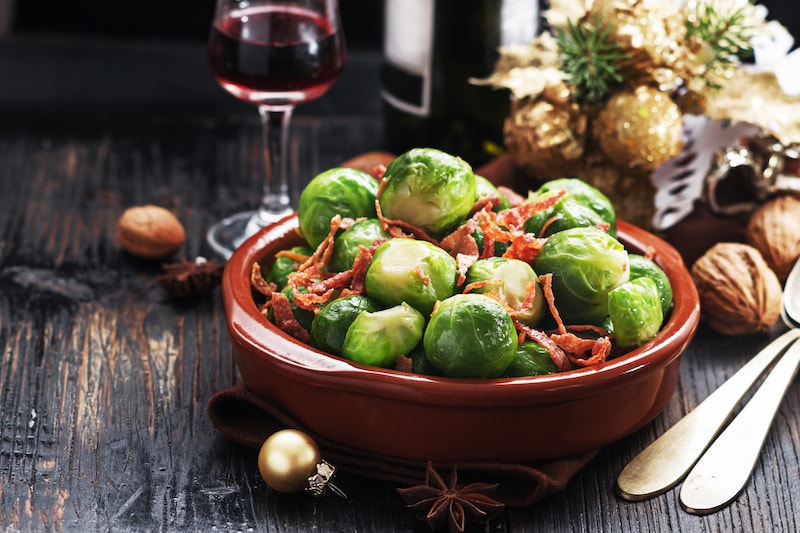
Image: Brussels Sprout Seeds ‘Brodie F1’ from Suttons
If your experience of sprouts is limited to the sulphurous sludge your gran boiled to death and served up on Christmas day, you haven’t really tasted Brussels sprouts properly. In fact, cooked the right way, a few sprouts can taste very nice indeed. One of the simplest ways to get the best from these brassicas, is to roast them along with carrots, parsnips, and garlic.
Alternatively, boil them in a large pan in just an inch or so of water for no more than 3-5 minutes and serve with a generous knob of fresh salted butter and a sprinkle of cracked black pepper.
Do sprouts really give you wind?
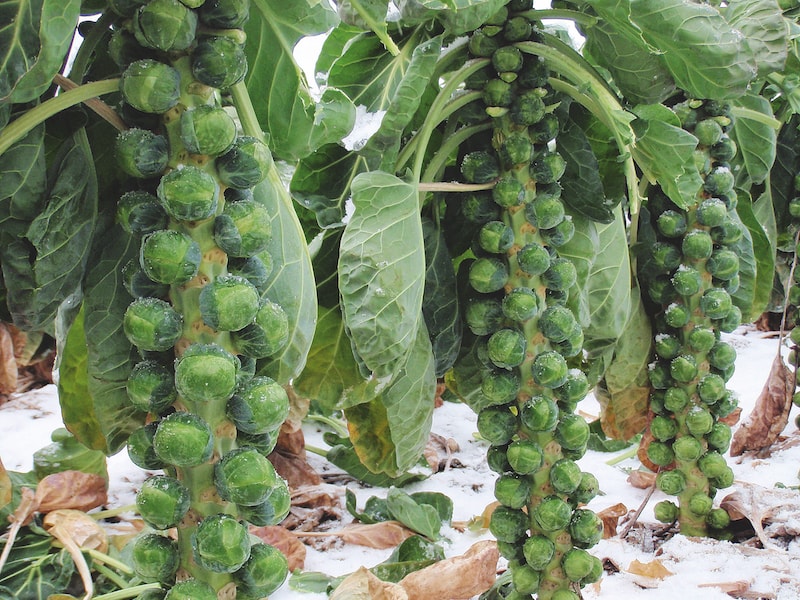
Image: Brussels Sprout Seeds ‘F1 Brenden’ from Suttons
In a word, yes. All that prebiotic goodness helps your good bacteria to thrive but gas is a byproduct, especially if you’re not used to eating your leafy greens. If you don’t want to embarrass yourself at the festive meal table, get into training early. Gradually increase your intake of cruciferous veg so that by the time the big day comes around, your gut bugs are primed to efficiently and noiselessly dispose of your Brussels sprouts. Either that, or blame it on the dog.
We hope you now feel you know your Brussels sprouts a little better. They really are a delicious and nutritious little brassica, and quite easy to grow from seed too. Looking for a quick shortcut? Read our guide on how to grow brassicas from plug plants and fill your veg patch in just a few short hours.
Lead image: Brussels sprouts ‘Crispus’ from Suttons
Last Updated on December 4, 2024 by Suttons Horticultural Team

